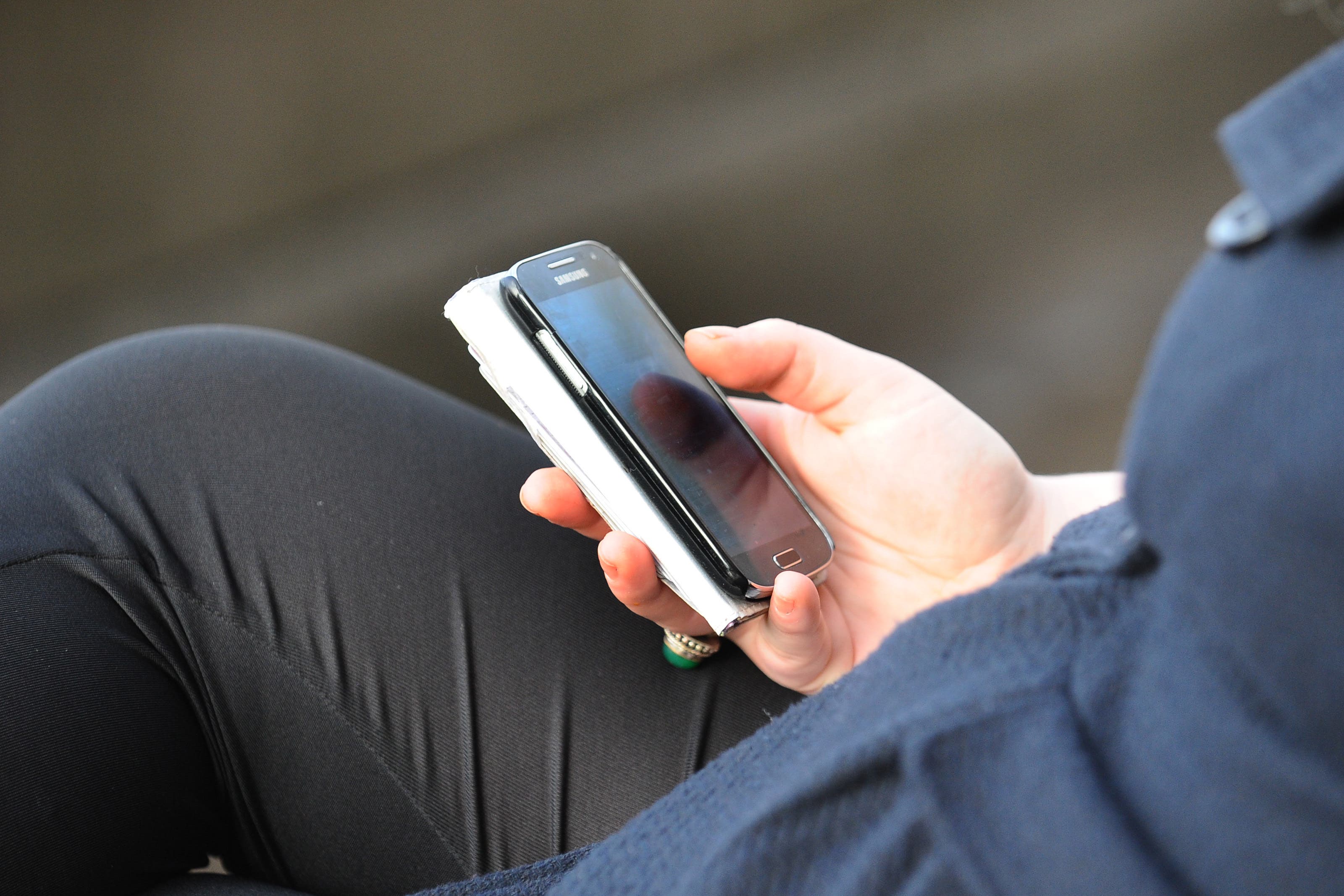Mobile phone emergency alert test on Sunday: What will happen and why?
For around 10 seconds from 3pm, millions of phones and tablets will make a loud siren-like sound, even if they are set on silent.

Your support helps us to tell the story
From reproductive rights to climate change to Big Tech, The Independent is on the ground when the story is developing. Whether it's investigating the financials of Elon Musk's pro-Trump PAC or producing our latest documentary, 'The A Word', which shines a light on the American women fighting for reproductive rights, we know how important it is to parse out the facts from the messaging.
At such a critical moment in US history, we need reporters on the ground. Your donation allows us to keep sending journalists to speak to both sides of the story.
The Independent is trusted by Americans across the entire political spectrum. And unlike many other quality news outlets, we choose not to lock Americans out of our reporting and analysis with paywalls. We believe quality journalism should be available to everyone, paid for by those who can afford it.
Your support makes all the difference.This weekend, the Government is trialling a system that aims to warn the public if there is a danger to life nearby.
Here is everything you need to know.
– What is going to happen?
Millions of mobile phones and tablets across the UK will emit a loud alarm and vibrate at 3pm on Sunday in a nationwide test of the new public alert system.
The message will be received on 4G and 5G mobile phones, along with sound and vibration for up to 10 seconds.
The alarm will sound even if the device is set on silent.
– Do I need to do anything?
Phone users will be prompted to acknowledge the alert by swiping or clicking the message before being able to continue using their device.
– What is the purpose of this system?
The system, which is modelled on similar schemes in the US, Canada, the Netherlands and Japan, is intended to be used in life-threatening situations including flooding and wildfires.
– Who sends the alerts?
Emergency alerts will only be sent by the emergency services or government departments, agencies and public bodies that deal with emergencies.
– Should I turn on location services on my phone to ensure I receive alerts?
The Government said you will get alerts based on your current location – not where you live or work, and you do not need to turn on location services to receive alerts.
– What if the alert comes through when I am driving?
The Government is urging people to not read or respond to an emergency alert while driving or riding.
You are advised to find somewhere safe and legal to stop before reading the message, and if there is nowhere safe and legal to stop, and nobody else is in the vehicle to read the alert, you can listen to news on live radio to find out about the emergency.
The AA said motorists may prefer to switch off their electronic devices before Sunday’s test as laws banning the use of handheld phones will still apply.
– Can I opt out of the alerts?
Officials stressed that it is easy to opt out of the system if people need their phone to stay concealed, either by turning off the alerts or simply having the phone switched off during the test.